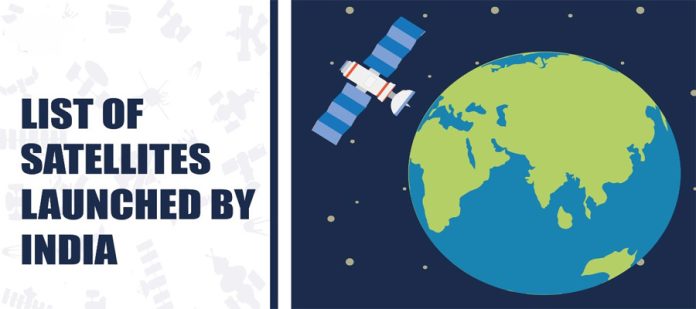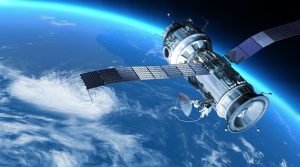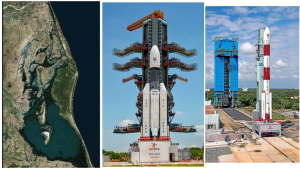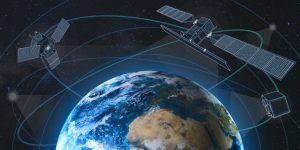India has made significant strides in the field of space technology and communication, and one of its notable achievements is the development and deployment of communication satellites. These satellites play a crucial role in providing essential services such as telecommunication, broadcasting, internet connectivity, and disaster management.
With a vision to enhance connectivity and bridge the digital divide, India has launched several communication satellites that have revolutionized communication infrastructure across the country. These satellites are designed to provide wide-ranging coverage, reliable transmission, and advanced technological capabilities.
In this article, we will explore some of the prominent communication satellites launched by India, highlighting their features and contributions to the nation’s communication network.
Communication Satellites in India
India is famous for launching various types of satellites since 1975 and ISRO (Indian Space Research Organization) is the sole space agency of India. Incepted in 1969, ISRO has headquarters in Bangalore and the current Chairman of ISRO is A. S. Kiran Kumar. The agency is responsible for an Indian space program which includes responsibilities such as designing, building, launching and operating satellites.
From creating to launching, satellites play a major role in transporting signals via various forms of applications.
Wonder, how clear communication is possible?
Using radio waves to send signals to the antennas on the Earth, and transforming those signals into information made communication possible. This communication is only possible via different types of satellites.
India successfully launched its inaugural satellite on April 10, 1982. Since then, the country has made significant progress in the field of space exploration. It has launched a total of 424 satellites for 34 different countries as of April 22, 2023. In 2019, ISRO was the only launch-capable agency in India.
Note: To support India’s space program, the Satish Dhawan Space Center serves as the country’s primary spaceport, responsible for providing the necessary launch base infrastructure.
Types of Satellites:
- Communication Satellites
- Earth Observation Satellites
- Scientific Satellites
- Student Satellites
- Navigational Satellites
- Small Satellites
- Experimental Satellites
List of Communication Satellite
INSAT is the largest communication satellite system that consists of nine operational communication satellites in Geo-stationary orbit in the Asia Pacific region. India has developed and operated numerous artificial satellites, which has launched using a variety of vehicles including American, Russian, and European rockets. These satellites, similar to Indian rockets, have successfully been deployed into space, showcasing India’s prowess in satellite technology.
Note: With increasing satellite congestion, it is crucial for every nation to actively engage in the space safety coordination system.
Hence, here is the list of communication satellites that were launched after the Pandemic:
EOS-01 (RISAT-2BR2)
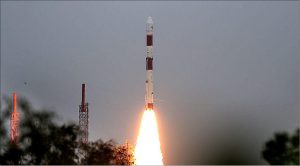
It is an Earth Observational Satellite. This Satellite has a space-based synthetic aperture imaging radar.
Launch Vehicle: PSLV-XL C50
Launch Date: 7 November 2020
CMS-01 (GSAT-12 R)
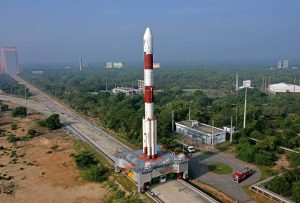
The satellite extended the C-band coverage for mainland India, Lakshadweep and Andaman & Nicobar Islands.
Launch Vehicle: PSLV-XL C50
Launch Date: 17 December 2020
Sindhu Netra

This is an Earth observational satellite that are especially used by Indian Navy.
Launch Vehicle: PSLV-DL C51
Launch Date: 28 February 2021
SDSat (Satish Dhawan Satellite)
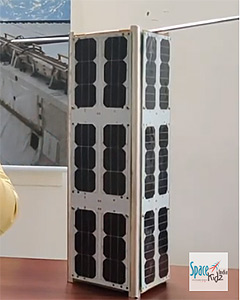
This Nanosatellite was created by Space Kidz India for the study of radiation. It carries a copy of the Bhagwat Gita into space and also carried around 25,000 names in space.
Launch Vehicle: PSLV-DL C51
Launch Date: 28 February 2021
JITSat
It was developed by JIT as one of the parts of the UNITYSat Constellation.
Launch Vehicle: PSLV-DL C51
Launch Date: 28 February 2021
GHRCESat

This satellite was developed by GHRCEE as one of the parts of the UNITYSat Constellation.
Launch Vehicle: PSLV-DL C51
Launch Date: 28 February 2021
Sri Shakthi Sat
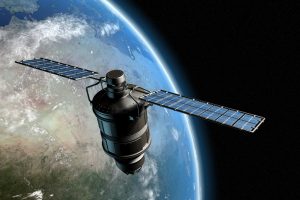
This satellite was developed by SIET as one of the parts of the UNITYSat Constellation.
Launch Vehicle: PSLV-DL C51
Launch Date: 28 February 2021
EOS-03 (GISAT-1)
This was the first real-time Earth Observation Satellite of India that failed to reach orbit as the upper stage of the rocket did not unite. It was also the first satellite of the GISAT constellation.
Launch Vehicle: GSLV Mk II F10
Launch Date: 12 August 2021
RISAT-1A (EOS-04)

It is an ISRO Radar Imagining satellite giving high-quality images under all weather conditions for various applications such as Military, Plantation and more.
Launch Vehicle: PSLV-XL-C52
Launch Date: 14 February 2022
OCEANSAT-3(EOS 06)
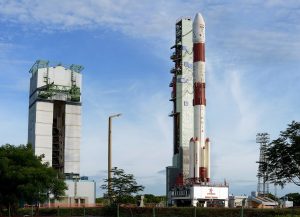
It is a third-generation satellite in the oceansat series. It is used for oceanographic and atmospheric studies.
Launch Vehicle: PSLV-XL C54
Launch Date: 26 November 2022
India Bhutan INS-2B (BhutanSat)
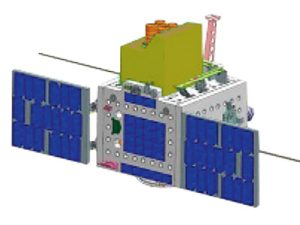
It was designed for a collaborative mission between India and Bhutan with payloads.
Launch Vehicle: PSLC-XL C54
Launch Date: 26 November 2022
TD-1 Anand
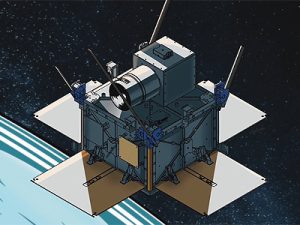
It is a Nanosatellite that demonstrates technology for miniaturized electro-optical payload and all other sub-systems such as TTC, power and more.
Launch Vehicle: PSLC-XL C54
Launch Date: 26 November 2022
Thybolt-1 & Thybolt-2

This satellite has a 0.5U spacecraft bus that includes a communication payload for rapid technology.
Launch Vehicle: PSLC-XL C54
Launch Date: 26 November 2022
EOS-07 MISSION
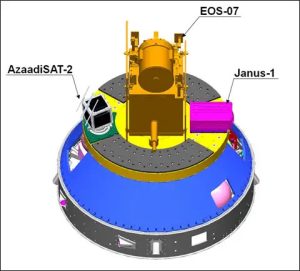
The full form of SSLV is Small Satellite Launch Vehicle. This satellite is capable to launch different types of satellites such as Mini, Micro or Nano satellites up to 10 to 500 kg mass to 500 km planar orbit.
Launch Vehicle: SSLC-D2
Launch Date: 10 February 2023
Upcoming Launches:
Lunar Polar Exploration Mission
It will be a Joint lunar exploration mission between ISRO and JAXA.
Launch year: 2024
Mangalyaan-2
It will be India’s second Mars exploration mission.
Launch year: 2024-2025
DISHA
It will be a twin aeronomy satellite mission.
Launch year: 2025
Shukrayaan-1
It will be a Venus exploration satellite mission.
Launch year: 2025-2026
To Conclude,
India has made many consequential advancements in the field of satellite technology, and its communication satellites have played a vital role in enhancing communication infrastructure and services. These satellites have been launched using rockets from multiple countries, showcasing international collaboration and India’s growing presence in space exploration. With the continued launching of communication satellites, India is poised to further strengthen its position in the field of space communications.

